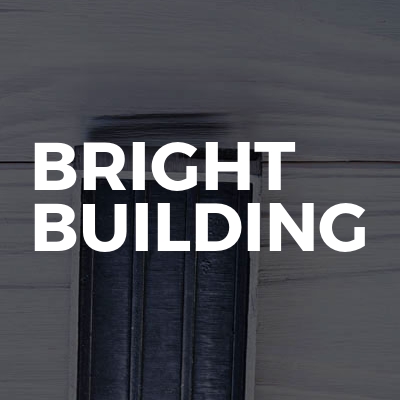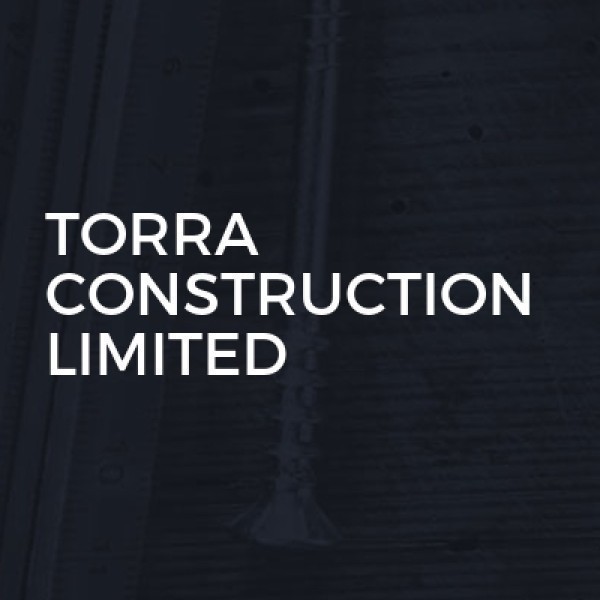Introduction to Block Paving in Hertford
Block paving in Hertford has become a popular choice for homeowners and businesses alike, offering a versatile and attractive solution for driveways, patios, and pathways. This method of paving involves the use of individual blocks that are laid in a variety of patterns to create a durable and aesthetically pleasing surface. In this article, we'll explore the many facets of block paving, from its benefits and installation process to maintenance tips and design ideas. Whether you're considering block paving for your home or business, this comprehensive guide will provide you with all the information you need to make an informed decision.
The Benefits of Block Paving
Block paving offers numerous advantages that make it a preferred choice for many. Firstly, it provides a visually appealing finish that can enhance the overall look of your property. The variety of colours, shapes, and patterns available allows for a high degree of customisation, ensuring that your paving complements the style of your home or business.
Moreover, block paving is known for its durability and strength. It can withstand heavy loads, making it ideal for driveways and areas with high foot traffic. Additionally, if any blocks become damaged, they can be easily replaced without disturbing the surrounding area, making maintenance straightforward and cost-effective.
Understanding the Installation Process
The installation of block paving involves several key steps to ensure a long-lasting and high-quality finish. The process begins with the preparation of the ground, which includes clearing the area and ensuring a stable foundation. This is followed by the laying of a sub-base, typically made of crushed stone, to provide support and drainage.
Next, a layer of sand is spread over the sub-base, and the blocks are laid in the desired pattern. It's crucial to ensure that the blocks are evenly spaced and levelled to avoid any uneven surfaces. Finally, kiln-dried sand is brushed into the joints between the blocks to lock them in place and prevent movement.
Choosing the Right Materials
When it comes to block paving, the choice of materials can significantly impact the final result. Common materials include concrete and clay, each offering distinct advantages. Concrete blocks are often more affordable and come in a wide range of colours and finishes. They are also known for their strength and durability.
Clay blocks, on the other hand, offer a more traditional and natural appearance. They are highly resistant to fading and weathering, ensuring that your paving retains its colour and charm over time. The choice between concrete and clay will largely depend on your budget, aesthetic preferences, and the specific requirements of your project.
Design Ideas for Block Paving
One of the most exciting aspects of block paving is the ability to create unique and eye-catching designs. From simple patterns like herringbone and basketweave to more intricate designs incorporating curves and circles, the possibilities are endless.
Consider incorporating different colours and textures to add depth and interest to your paving. You might also explore the use of edging stones or borders to define spaces and create a polished look. Whether you prefer a classic or contemporary style, block paving offers the flexibility to bring your vision to life.
Maintaining Your Block Paving
Proper maintenance is essential to keep your block paving looking its best and prolong its lifespan. Regular cleaning is crucial to prevent the build-up of dirt, moss, and weeds. A simple sweep with a stiff brush and occasional pressure washing can help maintain the appearance of your paving.
It's also important to address any issues promptly, such as loose or damaged blocks. Replacing individual blocks is a straightforward process, and doing so can prevent further damage and maintain the integrity of the surface. Additionally, reapplying kiln-dried sand to the joints every few years can help keep the blocks securely in place.
Environmental Considerations
Block paving is an environmentally friendly option for many reasons. The permeable nature of the paving allows rainwater to drain naturally into the ground, reducing the risk of flooding and waterlogging. This is particularly beneficial in urban areas where drainage systems can become overwhelmed during heavy rainfall.
Furthermore, the materials used in block paving are often sourced locally, reducing the carbon footprint associated with transportation. Many manufacturers also offer eco-friendly options, such as blocks made from recycled materials, providing an even more sustainable choice for environmentally conscious homeowners.
Cost Considerations and Budgeting
The cost of block paving can vary significantly depending on several factors, including the size of the area, the choice of materials, and the complexity of the design. It's important to establish a clear budget before embarking on your project to ensure that you can achieve your desired outcome without overspending.
While block paving may require a higher initial investment compared to other paving options, its durability and low maintenance requirements can result in cost savings over time. Additionally, the ability to replace individual blocks rather than entire sections can further reduce long-term expenses.
Finding a Reputable Installer in Hertford
Choosing the right installer is crucial to the success of your block paving project. Look for a company with a proven track record and positive customer reviews. It's also advisable to request references and view examples of their previous work to assess the quality of their craftsmanship.
Ensure that the installer is fully insured and offers a warranty on their work. This provides peace of mind and protection in the unlikely event of any issues arising after the installation is complete. A reputable installer will also be able to offer expert advice and guidance throughout the process, helping you make informed decisions at every stage.
Frequently Asked Questions
- What is block paving? Block paving is a method of creating a hard surface using individual blocks laid in patterns, commonly used for driveways, patios, and pathways.
- How long does block paving last? With proper maintenance, block paving can last for several decades, making it a durable and long-lasting option.
- Can block paving be repaired? Yes, one of the benefits of block paving is that individual blocks can be replaced if they become damaged, without affecting the surrounding area.
- Is block paving suitable for all weather conditions? Block paving is designed to withstand various weather conditions, including rain and frost, making it suitable for use in the UK climate.
- How do I clean block paving? Regular sweeping and occasional pressure washing can help keep block paving clean and free from dirt, moss, and weeds.
- Can I install block paving myself? While it's possible to install block paving as a DIY project, it's often recommended to hire a professional to ensure a high-quality finish and avoid potential issues.
Conclusion
Block paving in Hertford offers a versatile, durable, and aesthetically pleasing solution for enhancing the exterior of your property. With a wide range of design options and materials to choose from, it's easy to create a unique and attractive surface that complements your home or business. By understanding the installation process, maintenance requirements, and cost considerations, you can make an informed decision and enjoy the many benefits that block paving has to offer. Whether you're looking to improve your driveway, patio, or pathway, block paving is a reliable and stylish choice that will stand the test of time.





